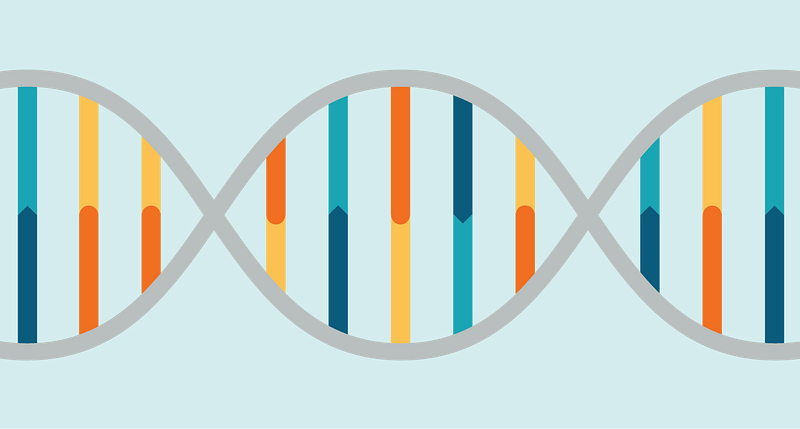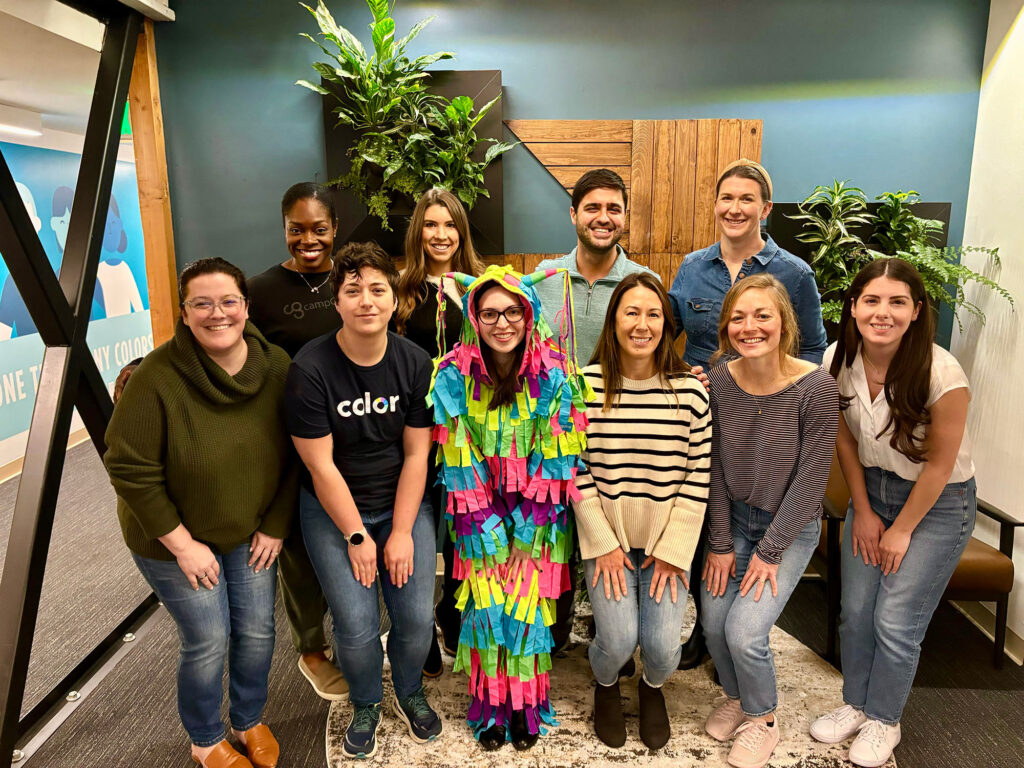News & Articles
Accelerating the pace of scientific research for diverse populations through low coverage whole genome sequencing
Alicia Zhou

This week, at the 2018 American Society of Human Genetics Meeting in San Diego, we’re excited to present a scalable, affordable solution that can help accelerate the development of novel polygenic risk scores for non-Caucasian populations.
In recent years, novel applications of statistical genetics such as polygenic risk scores and genetic ancestry have broadened the field’s scope and utility. The conversation around genetics used to be centered around rare diseases that only affect a few individuals. The emergence of statistical genetics has made this field relevant to every individual at true population scale.
To date, these statistical genetics applications have relied on genotyping microarrays, which are fast and affordable. However, a major limitation of genotyping arrays is that their genetic content is pre-determined and fixed. Whether it contains 100 or 1 million genetic variants, a genotyping array can only capture and report the variants that are on the chip, which means it can only tell you about variants you’ve already seen. It can’t tell you anything about variants that are yet to be discovered. As a result, because the majority of sequenced genomes to-date have been from people of Caucasian and European descent, standard genotyping arrays are sorely lacking in variants that represent other populations. This, in turn, means that many statistical genetics applications, such as polygenic risk scores, are currently only optimized for Caucasian and European populations.
Instead of using a genotyping array, our approach harnesses the power of whole genome sequencing. By sampling across the whole genome at a low depth, we’re able to reliably detect and predict common variants across all ethnic populations. This technique, known as low coverage whole genome sequencing (lcWGS) with imputation, is as fast and affordable as a genotyping array and achieves similar technical accuracy, while still being able to capture new and common variants across diverse populations.
With the development and validation of this technique, Color is committed to help accelerate research for lcWGS applications, especially for diverse populations. This isn’t a problem we could (or want to) tackle alone. Instead we’re inviting scientists and Color clients to work with us. All Color clients have the option to contribute their lcWGS data toward research, and starting today, they also have the option to access their underlying lcWGS data. We also invite the scientific community to help us develop applications that are relevant to diverse populations by submitting lcWGS proposals to research@color.com. Whether it’s tackling the polygenic risk of cardiovascular disease or developing new algorithms for genetic ancestry, a lot of important work remains to be done.
We strongly believe that this sort of collaboration can accelerate the pace of research and scientific discovery for the entire field.



